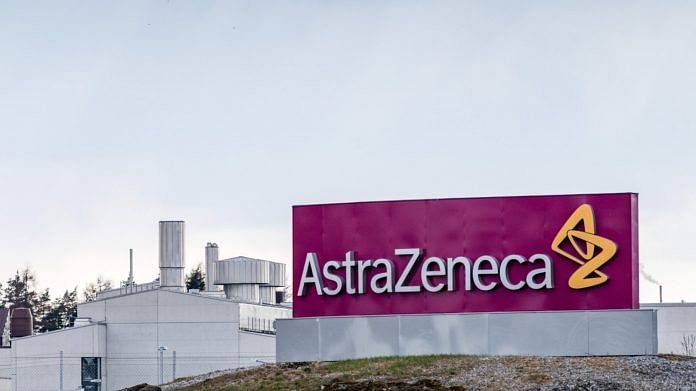2020 will be remembered as a year of crises. Many of the corporate variety were self-inflicted. As in years past, executives often failed to apply the most basic principles of crisis and reputation management. With no shortage of contenders, here are the top corporate PR blunders of the year:
1. AstraZeneca Plc’s omission of key details in its vaccine announcement: When the company and the University of Oxford released preliminary results on their Covid-19 vaccine, they didn’t mention the error that caused some trial participants to get half doses — which inexplicably turned out to be more effective — nor that the most promising results excluded data from older people. Predictably, Astra is now widely perceived as secretive and untrustworthy, which will make it much harder to drum up faith in any vaccine it later releases. It’s especially jaw-dropping that the company wasn’t better advised on one of the most-awaited announcements of the year.
2. Sherwin-Williams’s decision to fire a top TikTok influencer: In July, the company fired Tony Piloseno, a college student who had already amassed over 1.2 million followers on his paint-mixing TikTok channel (@tonesterpaints). Piloseno said that Sherwin-Williams accused him in part of stealing paint, but that he was actually purchasing the cans with his employee discount. I suspect the company simply wasn’t comfortable with a staffer using its products in ways it couldn’t control. Whatever the thinking, it was a shockingly shortsighted move. The TikTok channel was generating a huge amount of free, positive publicity for its brand.
The lesson is that to reap the benefits of influencers and superfans, companies need to get comfortable not being able to script their messages as tightly as in the past. This wasn’t lost on the competition: Piloseno soon had job offers flooding in from rivals like Behr and Benjamin Moore. (He chose to work for a smaller competitor, Florida Paints, perhaps having learned a lesson about overbearing corporate control.)
3. EBay Inc.’s alleged harassment of newsletter publishers, including by sending porn to neighbors and live roaches to their home: Although the alleged events happened in 2019, the details only came to light in an indictment this June — followed by predictably bad publicity. Six former staffers were charged with conspiracy to commit cyberstalking and witness tampering. They’re said to have harassed critics by, among other tactics, posting ads inviting strangers to their home for sex. Shockingly, EBay’s former chief communications officer, Steven Wymer, reportedly told a former top security officer at the company that he wanted one of the newsletter publishers “DONE,” indicating “I want to see ashes.”
As the New York Times noted, private security teams of other companies, such as Tesla and Hewlett-Packard, have also been caught engaging in disturbing acts of aggression. The moral of the story, obviously, is simply not to do this. The reputational (and legal) damage can be devastating.
4. Tropicana’s ad suggesting parents stressed out by the pandemic secretly make mimosas: Obviously it’s never a good idea to propose that the answer to peoples’ problems is surreptitiously consuming alcohol, but this one was especially ill-timed given that problem drinking did rise during the pandemic, especially among women. The lesson here is that brands will suffer backlash if they try to make light of problems that have people genuinely feeling overwhelmed. Empathy would have been a better way to tap into the cultural moment.
5. Edelman — the world’s largest PR firm — cutting jobs less than three months after its chief executive promised no Covid-related layoffs: In highly unpredictable circumstances, companies shouldn’t make promises like this. Chief executive Richard Edelman was no doubt well-intentioned when he made the no-layoff pledge at the start of the pandemic. But reneging on the promise didn’t only hurt staffers who may have made life decisions about mortgages, spouses’ jobs and more with his commitment in mind. It also caused unnecessary reputational fallout for the agency when it later announced the cuts, since it suggested the CEO can’t be taken at his word.
Finally, a major dishonorable mention goes to McKinsey, long considered one of the world’s most elite consulting firms, for its astonishingly imprudent work with Purdue Pharma. The New York Times revealed in November that the company helped fuel the opioid epidemic by seeking to “turbocharge” sales of OxyContin, then later discussed destroying related documents. The report prompted a rare apology from the consultancy.
The incident reminds us all that in order to avoid bad publicity — and a spot on this list next year — every business decision an organization makes needs to be considered in light of its long-term reputation. There’s no better time to start than in 2021. –Bloomberg
Also read: UK approves AstraZeneca-Oxford Covid vaccine for emergency use



